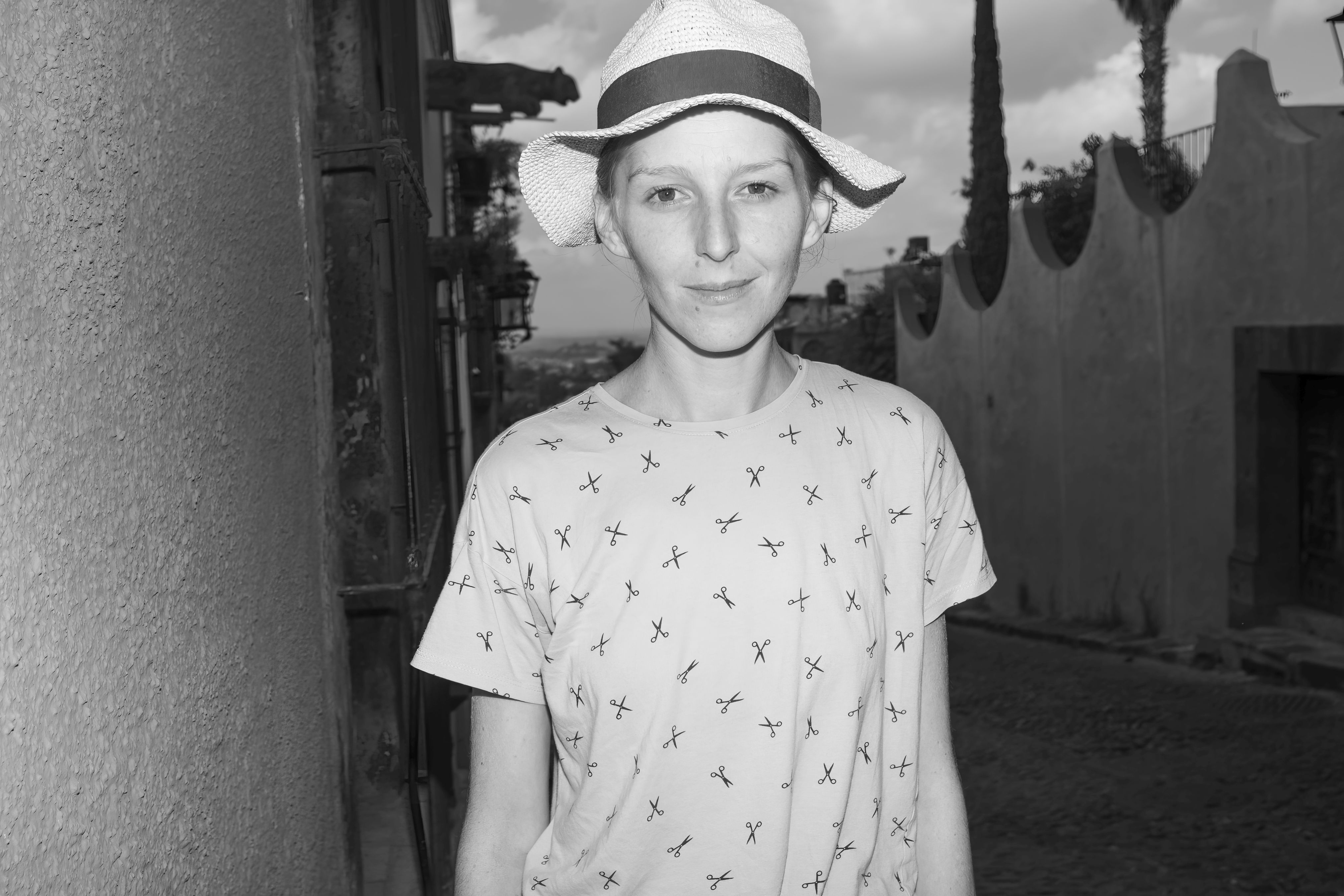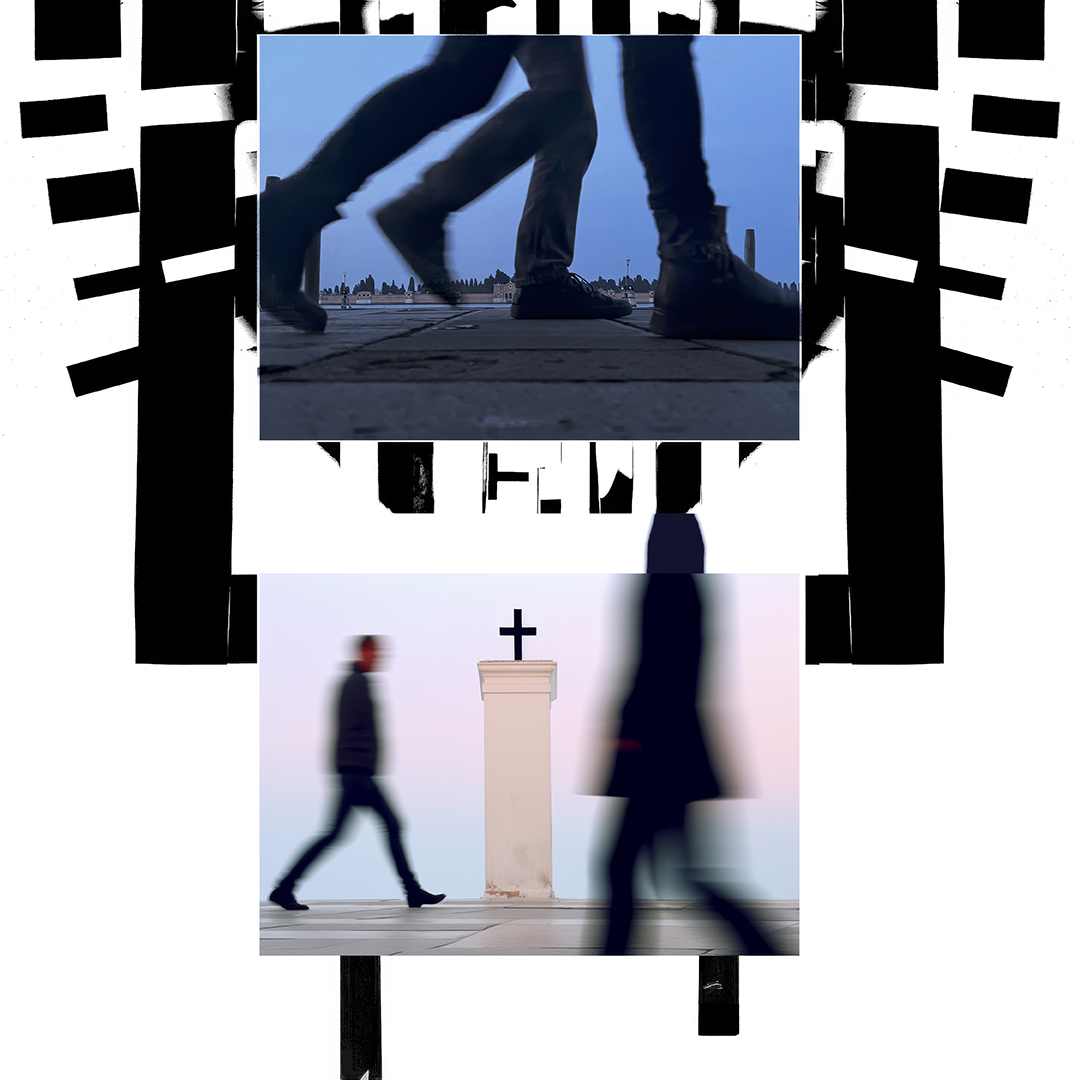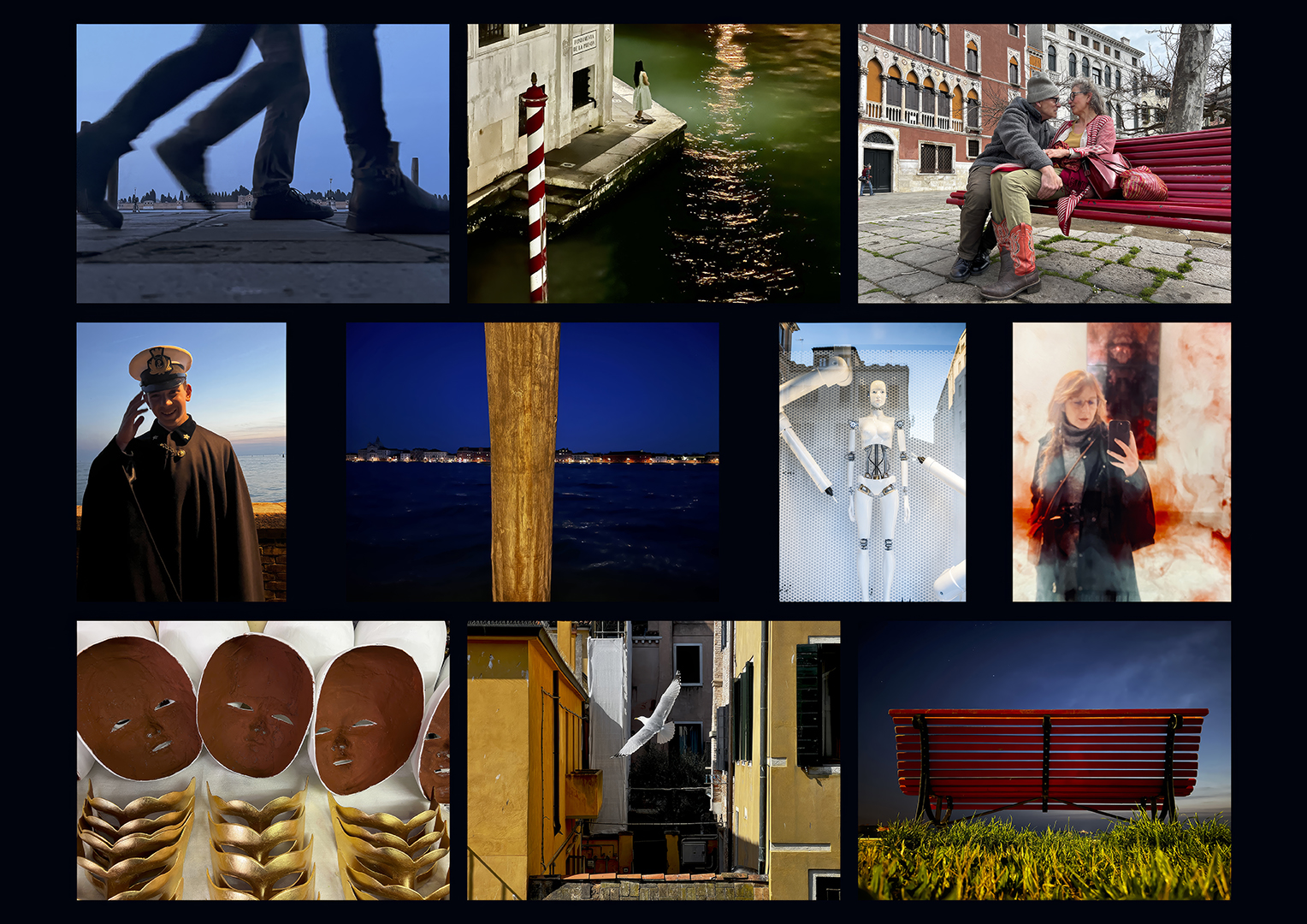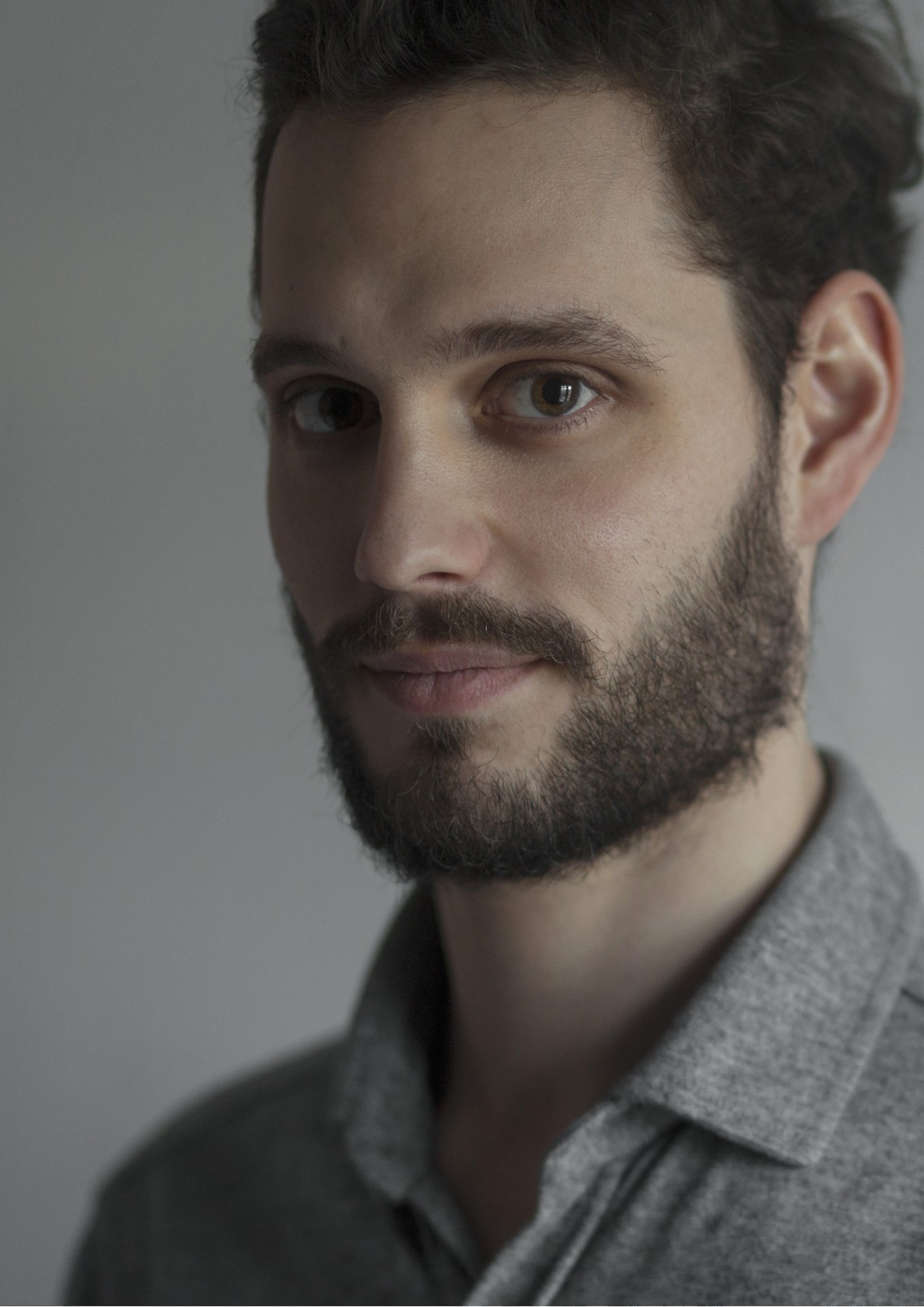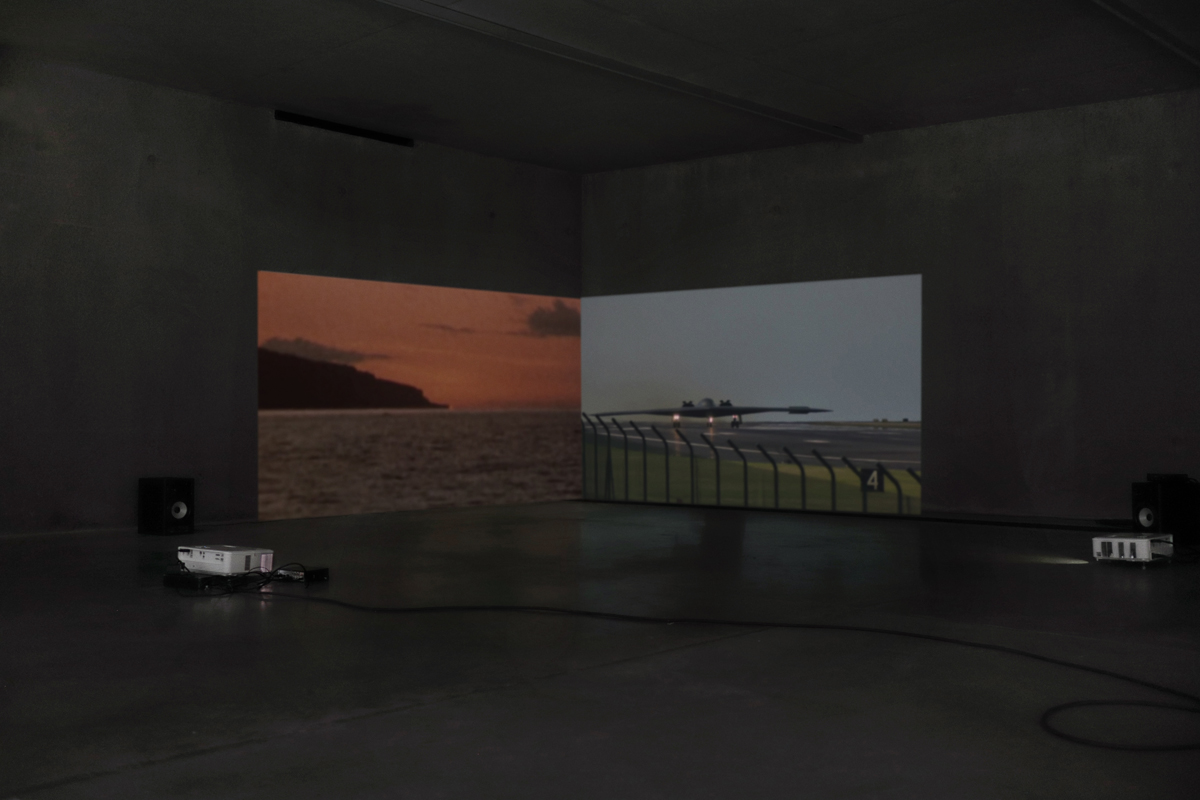Thickening
Lucija Rosc's art freezes time, curating her grandparents' diverse possessions into a series. From knives to jokes, it bridges generational perspectives, emphasizing joy over time's anxiety.
Within her artistic practice, Lucija Rosc delves into the accumulation and archival of memories, fueled by a profound desire to arrest time or escape its ceaseless flow. Departing from her previous exhibitions featuring personal collections, archives, and objects, Lucija now delegates the collecting task to her grandparents. Choosing to construct a collection from their own accumulated items, she takes on the role of a curator, arranging and infusing her artistic signature into these assortments curated by her grandmother and grandfather.
The collections comprise a diverse range of items, spanning from utilitarian tools like knives and plates to whimsical elements such as jokes, trinkets, and cardboard cards adorned with puppy motifs. Even seemingly ordinary or discarded items like empty bottles of Tempel carbonated water find a place, offering a captivating insight into how her grandparents perceive these objects. The series prompts thought-provoking questions about generational differences in object perception, providing viewers with an extraordinary glimpse into the sentimental, aesthetic, and functional values attributed by the older generation.
Lucija employs various mediums—studio photographs, readymade objects, and sculptures—to present these items and memories. For the first time, she integrates a sound recording into the series, enhancing the sensory experience for the audience.
The sculptures featured in the series are meticulously crafted from recycled materials, each conveying a distinct message. The backgrounds and details, often consisting of items and papers received from her grandparents, play a pivotal role in conveying the essence of condensation, as denoted by the series' title: "podmet," a term referring to a mixture of flour and water used to thicken soup or stew. This term holds particular significance, echoing Lucija's grandfather Adi, who prepares this mixture whenever he cooks her favorite dish, carrot soup.
Approaching her project themes with empathy and love for her family, Lucija Rosc aims not only to preserve memories but also to bridge the perspective of her grandparents with external observers. The series radiates a profound sense of joy for life and the coexistence with loved ones, steering away from emphasizing the anxiety of fleeting time. The author's sincerity is evident in the non-judgmental exposure of habits, even those that may seem more or less meaningful.
Humor infuses every aspect of her work, reflecting a playful and enjoyable approach to her artistic process. This playfulness mirrors the character of her grandmother, Mica, who keeps a joke booklet in her wallet, sharing them aloud whenever the opportunity arises. Lucija captures Mica's humor on a vinyl record in another segment of the series, featuring 31 jokes accompanied by a reproduction of Mica's joke booklet, crafting a textual sound recording collection. The series further accentuates the graphic design elements of the vinyl, showcasing original archival photographs, Lucija's images, collages, and notes from her grandmother.
The series unfolds as a dynamic narrative, intertwining dialogues between photographs and materials, colors and patterns, and a distinctive interplay between Lucija's artistic expression and the individual voices of Mica and Adi.








Faces%252520of%252520Predictions_003.jpeg)





